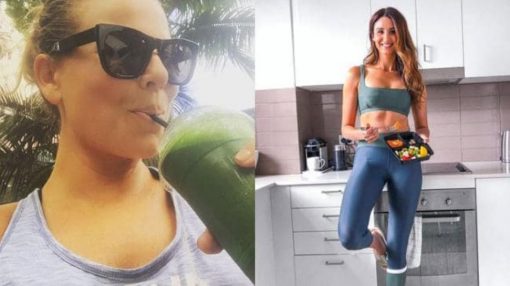Running season is here, and more and more people are getting in shape for the upcoming endurance events. What to eat during your race is a question I get asked about a lot, and many people find this difficult to get right.
Especially you’re doing a half marathon distance or longer, eating something during your longer runs and then in your race is needed, it can feel, well, weird to eat while you’re exercising.

So why would you eat while you’re exercising?
When participating in endurance events, or training for one, our bodies are using up glycogen as our main fuel source. Carbohydrate is stored in our muscles as glycogen.
Carbohydrate is the main source of fuel in endurance exercise with enough to last around around 90 minutes of activity.
To keep it simple, you eat your gel or sports drink or bar, and it is digested to glucose. This then moves to the muscle to be stored as glycogen, and then used up as fuel. Gels and sports drinks are often recommended and used due to their fast digestion, and as such, fast availability to be used by the muscles as energy.
When not to eat
Of course, it is not always necessary to eat during training sessions. If the session is less than 60 minutes a fasted sessions (sessions where you haven’t eaten) is recommended, though it is recommended you speak with a Sports Dietitian for help with your nutrition plan for your race.
How much is needed?
Recommendations vary between 30-90g per hour. If your event or training session will take 1-2 hours, 30g/hr is optimal (this equates to approximately 1 gel, pending brand), 2-3 hours and recommendations go up to 60g/h (1 gels every 30 minutes, pending brand). I appreciate that these quantities might seem a bit large, especially if you’re used to having smaller quantities than this. This is why it is so important to practice your nutrition strategies in training, so by the time the race comes around, you have your race plan sorted.
What to choose?
Gels, sports drinks and sports bars are all popular, convenient choices, and often contain these different types of carbohydrates, which can help how quickly they’re digested.
If these options aren’t your thing, making your own food is another great option. Homemade bars and dried fruit are popular choices.


